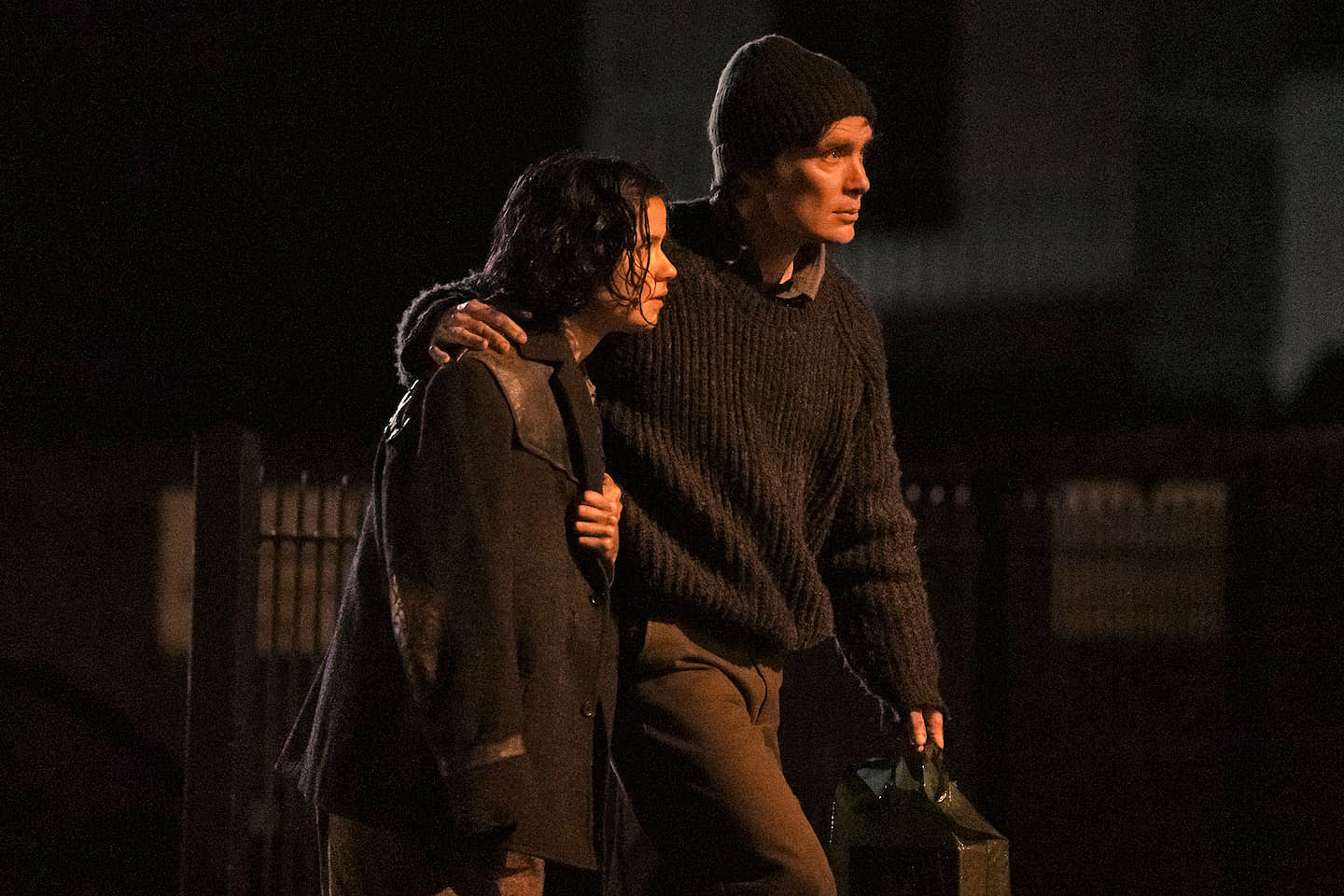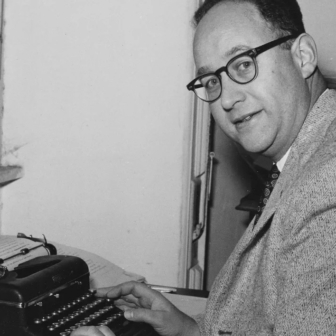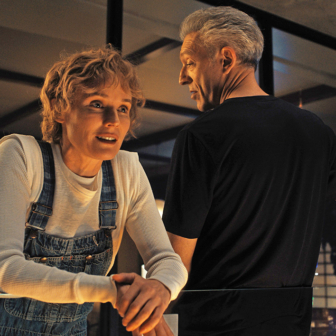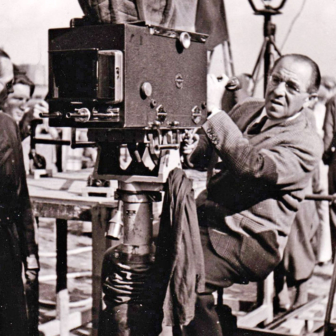Spare and haunting, Claire Keegan’s Small Things Like These works in undemonstrative ways. The prose has an inexorable quality, a kind of flow; the accumulation of detail is graceful, precise and telling. There is an apparent simplicity in the events it describes that might suggest it would be easy to bring to the screen. But there are considerable challenges in its quiet, distilled narrative and in the nature of its central character, Bill Furlong, a restrained, elusive figure. Much of the story is told through his eyes and fleeting recollections.
The film adaptation, written by Enda Walsh and directed by Tim Mielants, treats its source with respect and care, keeping close to the chronology and tone of the novella. There are slight variations and additions and inevitable contractions, but the film never resorts to the temptation of voiceover or expository dialogue. It trusts the viewer to pay attention and make connections, to watch and to wait.
It understands too what cinema can achieve. Cillian Murphy’s performance in the lead role is a beautifully judged, deliberately recessive one; the supporting cast are pitch perfect. One way Mielants heightens our sense of proximity to Bill — and suggests the interiority of the novella — is through the use of sound, above all a sense of his breathing: sighs, exhalations, sharp intakes of breath, indications of exertion and emotion.
Small Things Like These takes place in a small town in County Wexford, Ireland, in the mid-1980s, with Christmas approaching. Bill is a man of routine who works six days at his coal delivery business and comes home every evening to his wife and five daughters. Mielants repeats the ritual of the early morning start, of loading sacks onto a truck, driving, delivering, returning home in the evening, and scrubbing the coal dust off his hands with particular vigour.
At home with his wife and daughters, there is a feeling of warmth and affectionate familiarity. Mielants also gives us moments of Bill’s early life through flashbacks, childhood memories that rise to the surface at key moments. Talk of Christmas presents with his girls triggers a memory from years ago; we discover that what happened then was a little different from the story he tells his daughters. Bill is played as a child by Louis Kirwan, and in these scenes we learn about how he grew up as the child of a single mother. It was an unusual situation in which he experienced support and kindness but also bewilderment, uncertainty and loss.
These days Bill keeps his head down, literally and metaphorically, and rarely looks people in the eye. But there are some things he cannot avoid seeing or remembering. He seems particularly conscious of the vulnerability of the young. Out on the road, he stops to offer a lift to a boy collecting sticks for firewood. He is protective of his teenage daughter, who helps out at the office, worried about how she is treated by the men she has to deal with.
Then, standing unnoticed in a doorway as he is making a delivery to the local convent, he sees a teenage girl struggling and distressed as she is pushed and pulled inside the building. Something within him shifts; it is the beginning of a realignment, of an inability to look away and do nothing.
The convent houses an institution where girls and young women are confined. The Magdalene laundries were run by convents and the state; over decades, thousands of girls and young women, sometimes pregnant, often kept under duress, carried out household tasks and worked in a laundry service that operated at all hours.
That first glimpse of that distressed girl at the convent soon becomes something impossible for him to overlook. He sees first-hand the desperation of Sarah (Zara Devlin), whose impact on him is heightened by the fact that she shares his mother’s name. A subsequent encounter with the convent’s Mother Superior (Emily Watson) makes clear how much he is up against. She is a formidable, unnerving figure with a practised public face. On the surface, she is expressing kindness and concern, making a gesture of generosity, but in fact she is delivering a warning and a threat. She makes it clear to Bill that she holds much of his life in her hands, above all the lives of his daughters, students at the school next door to the convent.
Bill talks things over with his wife, Eileen (played by Eileen Walsh, who appeared as an inmate of a similar institution in Peter Mullan’s 2002 drama, The Magdalene Sisters). These scenes underline the bond between the couple, but also the gulf.
What follows is explored with delicacy and clarity. The openness of Keegan’s ending is preserved on screen, although it is presented in a different way, and has, perhaps, a different resonance. It is an echo of a scene we have seen several times before, but from another angle. In the final moments, using both sound and silence, Mielants leaves things in a suspended state — yet a transformation has taken place, and nothing will be the same. •




